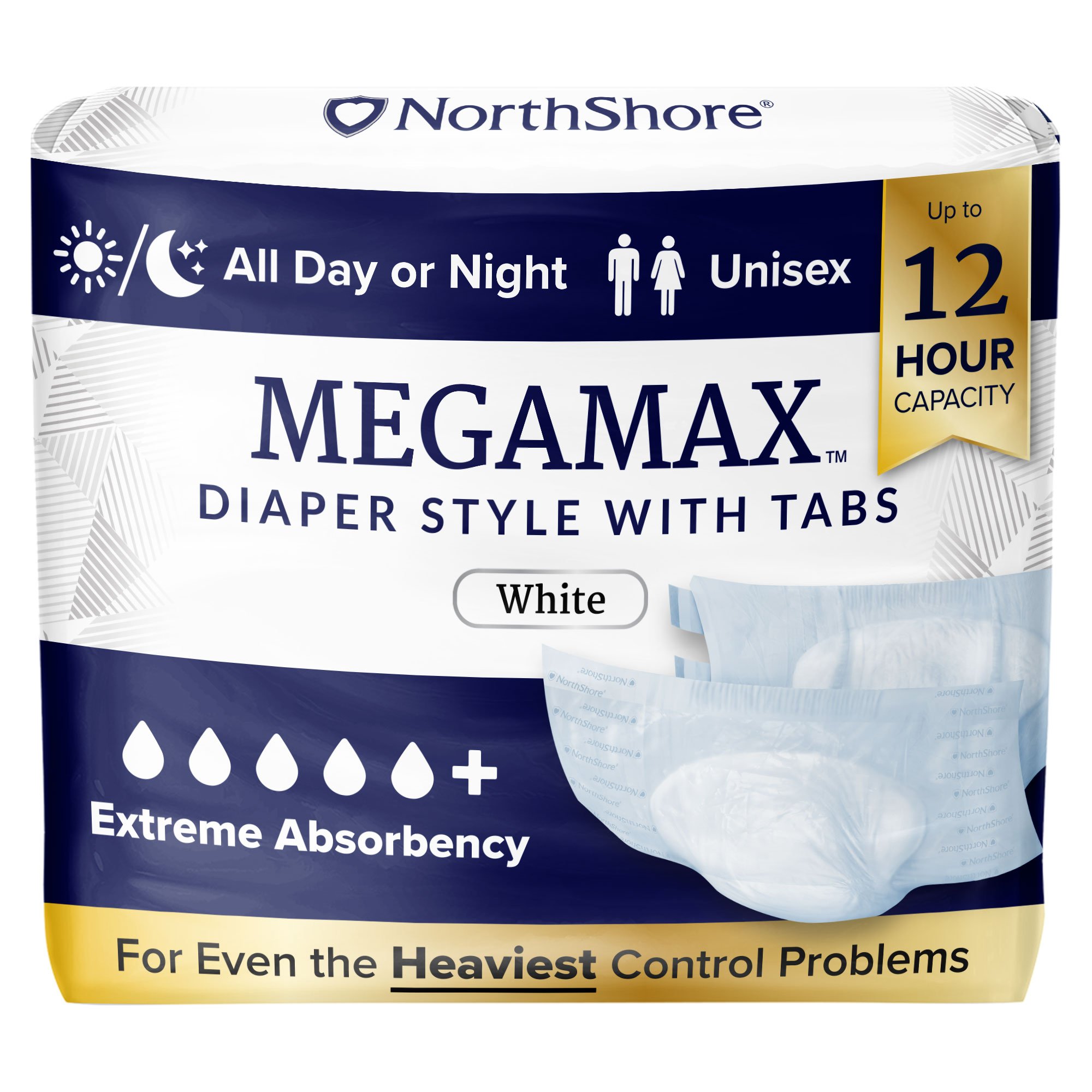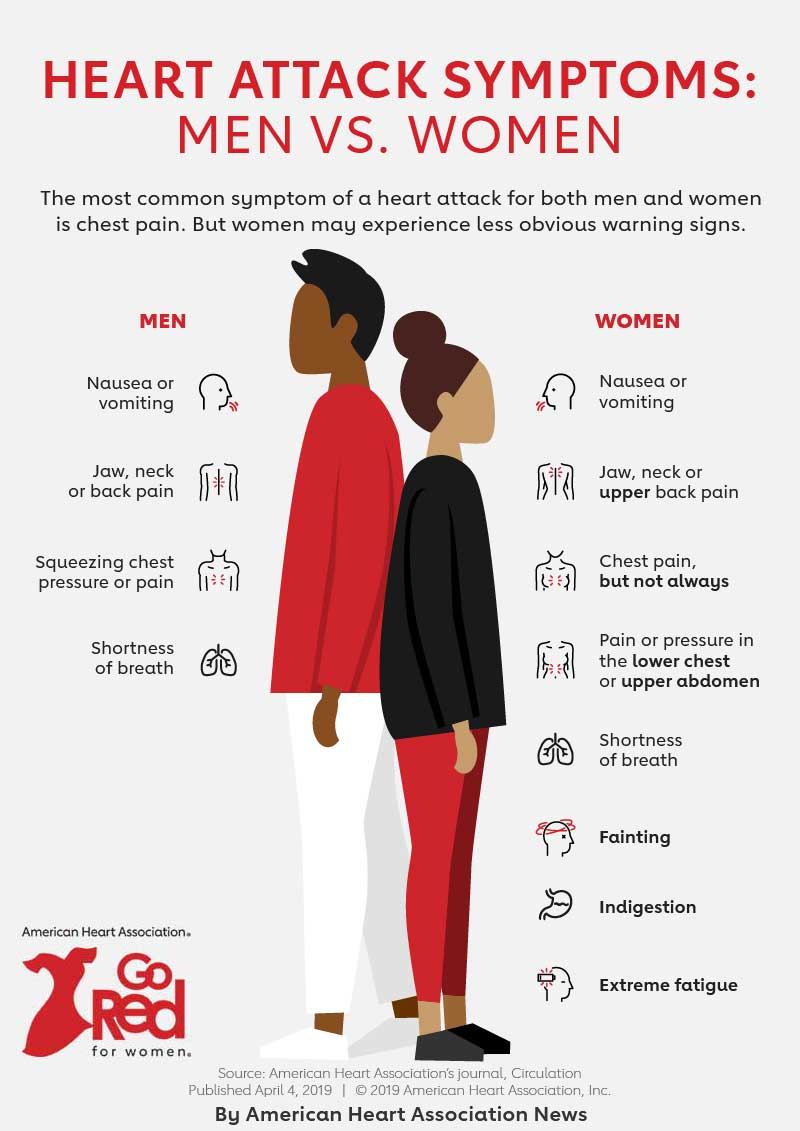Are Heart Failure and Incontinence Linked?

Key Takeaways
-
Up to half of heart failure patients experience urinary incontinence due to fluid retention, medications, and mobility challenges.
-
Managing both heart disease and bladder leaks requires medical guidance alongside absorbent protection such as NorthShore MegaMax adult diapers.
-
Building heart-healthy habits—like balanced nutrition, daily activity, and regular screenings—supports long-term wellness while incontinence supplies provide dignity and confidence.
Caring for your heart is a daily practice, but American Heart Month this February provides a great opportunity to raise awareness for the entire year.
Heart disease is the leading cause of death in the U.S., but many people still may not be aware of its symptoms, according to the Centers for Disease Control and Prevention (CDC). Learn more about the topic, as well as signs and symptoms of heart issues such as incontinence.
What Are the Different Types of Heart Disease?
Heart disease can refer to several different heart conditions, with the CDC saying the most common is coronary artery disease (CAD). CAD happens when the blood vessels that supply the heart with oxygen and blood become too narrow. The CDC lists other common types, including:
-
Arrhythmia: any abnormality in the beating of the heart; too fast, slow or irregular
-
Atherosclerosis: when fats, cholesterol or other substances build plaque on the artery walls, limiting blood flow
-
Cardiomyopathy: when the heart muscle works too hard to effectively pump blood through the body
Is Incontinence a Sign of Heart Disease?
Overactive bladder (OAB) and incontinence are two of the many symptoms of heart disease, according to International Neurourology Journal (INJ). Up to 50% of heart failure patients experience urinary incontinence (UI). Not only can heart disease cause excessive urination and urge incontinence, but it can also hinder mobility, making it difficult to reach the bathroom in time.
In addition, some medications can list incontinence as a side effect, including those for high blood pressure, called alpha-blockers. Learning to manage UI at the same time as coping with a heart condition can be difficult. The American Heart Association (AHA) recommends talking with a healthcare professional about the best ways to manage incontinence and any other symptoms.
The water retention associated with congestive heart failure (CHF) can also cause an excessive urge to urinate, especially at night, according to INJ. NorthShore MEGAMAX Tab-Style Briefs can help reduce the need for frequent changes day or night. These adult diapers provide maximum absorbency and have a quick-wicking core for up to 12 hours of protection. 
What Are the Signs of Heart Issues?
It’s important to know that some people may not experience symptoms of heart disease at all. In fact, they may not show any warning signs until a heart attack occurs, which is why it’s important to go for annual exams that include blood pressure and cholesterol screenings. American Heart Month can be a good time to do that each year.
The CDC provides a helpful list of heart disease symptoms people should pay attention to if they occur, which include:
-
Chest pain or discomfort
-
Dizziness or lightheadedness
-
Shortness of breath
-
Fatigue
-
Fluttering feelings in the chest
-
Swelling of the feet, ankles, and other limbs
Heart disease is the leading cause of death for men and women in the US. The CDC estimates that's about 1 in every 4 males and 1 in every 5 females.
Although many heart disease symptoms are the same for men and women, some present differently in women. For example, a woman experiencing a heart attack might not have chest pain, but may instead suffer from shortness of breath, pain in one or both arms, sweating, and more, according to Mayo Clinic. They also may experience more of these symptoms during periods of rest as opposed to when they’re moving and active.
As with men, the risks of heart disease in women are increased by smoking, high blood pressure, and high levels of cholesterol. According to Mayo Clinic, diabetes, obesity, and inactivity are also risk factors among both genders.

Source: American Heart Association
How Can I Keep My Heart Healthy?
No matter what age you are, there are a number of steps you can take. See below for recommendations from the AHA.
Lifestyle Changes for Heart Attack Prevention by the AHA
-
Lower high blood pressure
-
Be physically active every day
-
Choose good nutrition and eat heart-healthy meals
-
Manage diabetes
-
Avoid cigarettes and limit alcohol
-
Aim for a healthy weight
Don’t forget to check in with a medical professional before starting a new exercise regimen or making dietary changes.
In recognition of American Heart Month, the National Heart, Lung, and Blood Institute offers valuable checklists and resources for how to lead a heart-healthy lifestyle. If you or a loved one has a heart condition and are managing incontinence, NorthShore Care Supply products and supplies can help.
Learn more about the helpful products featured in this article and other incontinence supplies or call (800) 563-0161 for personalized tips and recommendations.
This content is not intended to be a substitute for professional medical advice, diagnosis or treatment. Always seek the advice of your physician or other qualified healthcare provider with any questions you may have regarding a medical condition.
*Regardless of capacity, an absorbent product must be changed immediately following a bowel movement.
Products Featured in this Article
